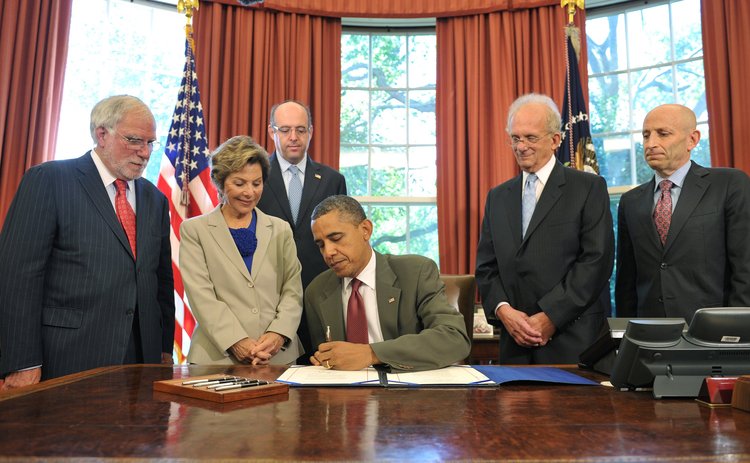CAIRO: Reforming local television channels was at the heart of the discussion at the closing of a conference titled "Evaluating and Developing Local Television Channels in Egypt," hosted by the Kamal Adham Center for Journalism Training and Research at the American University in Cairo.
The two-day conference hosted heads of local channels to evaluate the previous performance of the Egyptian Radio and Television Union’s (ERTU) channels, blaming ERTU’s figureheads for prioritizing the staff of the main channels over the staff of local channels.
"Local channels have always been suffering from a lack of resources, in addition to the control of the governorates’ executive branches over the performance of the channels," said Hafez El-Mirazy, head of the Adham Center.
The discussion panel moderated by El-Mirazy included Minister of Local Development Mohsen Al-Noemany, Head of ERTU Samy El-Sherif, Head of BBC Arabic’s Broadcasting Cooperation Unit Hamdy Faragallah, and Head of Al Jazeera’s Broadcasting Engineering Unit Ali Salem.
"It is time for decentralization," said Al-Noemany. "Having all the talents in the center kills creativity and that is what local media has been suffering from for a very long time."
One of the complaints addressed by the conference is preventing local channels from being aired on Nilesat, blaming the local channels’ lack of resources and the low quality of the material presented.
"I am happy that local channels are planned to be aired on Nilesat, but it is important not to see doubles of Maspero’s main channels, we want to see local channels reflecting the environment and the culture of the place where the channel is based," Al-Noemany added.
Al-Noemany also confirmed that the time of glorifying the governor and his executive apparatus in local channels has ended, and the relationship between the local channels and governors will change.
"We cannot go back to Jan. 24," said Al-Noemany. "I will report this to all governors; that the time for personifying the character of the government official no longer exists."
El-Sherif confirmed that there are no intentions to cancel local channels, stressing that local channels are important to connect Egyptians to each other and enhance their knowledge of their country’s culture.
"It is time for the ERTU staff to feel an immediate change," said El-Sherif. "This arrogant look at the local media is unhealthy, local media’s rule is essential and undeniable."
El-Sherif confirmed that leveling the salaries of the local channels’ staff and the staff of the main channels is important to ensure justice which will directly reflect on the productivity of local channels.
He also promised that local channels will start airing on Nilesat next June, after a panel of experts, including El-Mirazy, evaluates the performance and development of these channels.
"ERTU is thinking of training the staff of local channels at major media institutions like BBC so that we can polish the performance of local media," El-Sherif said.
El-Sherif also confirmed that financial and technical support for such reform plans is needed, adding that the available resources can only fund few important plans.
"I discovered that ERTU is renting nine studios in Egyptian Media Production City worth LE 45 million annually, those studios work only 18 percent of their capacity," said El-Sherif.
"We do not want those studios; we can save those LE 45 million for something else."
El-Sherif denied any intentions to privatize local media, or giving ownership to the governorates’ executive apparatuses.
Salem stressed the importance of quality control especially when it comes to the quality of video and audio.
"Technical problems in local channels have always been scandalous," Salem said.
"The head of the channels should always check the quality of the material presented, especially when it comes to the resolution and sound quality of the videos."
Salem added that local channels also need to research what the viewers want to watch.
"Based on the viewers’ evaluation, we at Al Jazeera cancelled many programs that didn’t appeal to the viewers," he said.
Faragallah supported his view, stating that the challenge the local media staff in Egypt is facing is huge, since it involves reforming the entire infrastructure.
"We need patience," said Faragallah addressing local media staff. "To excel in your career, you have to prove that you are as professional as the staff in the main channels which will enable you to excel nationally and internationally."

